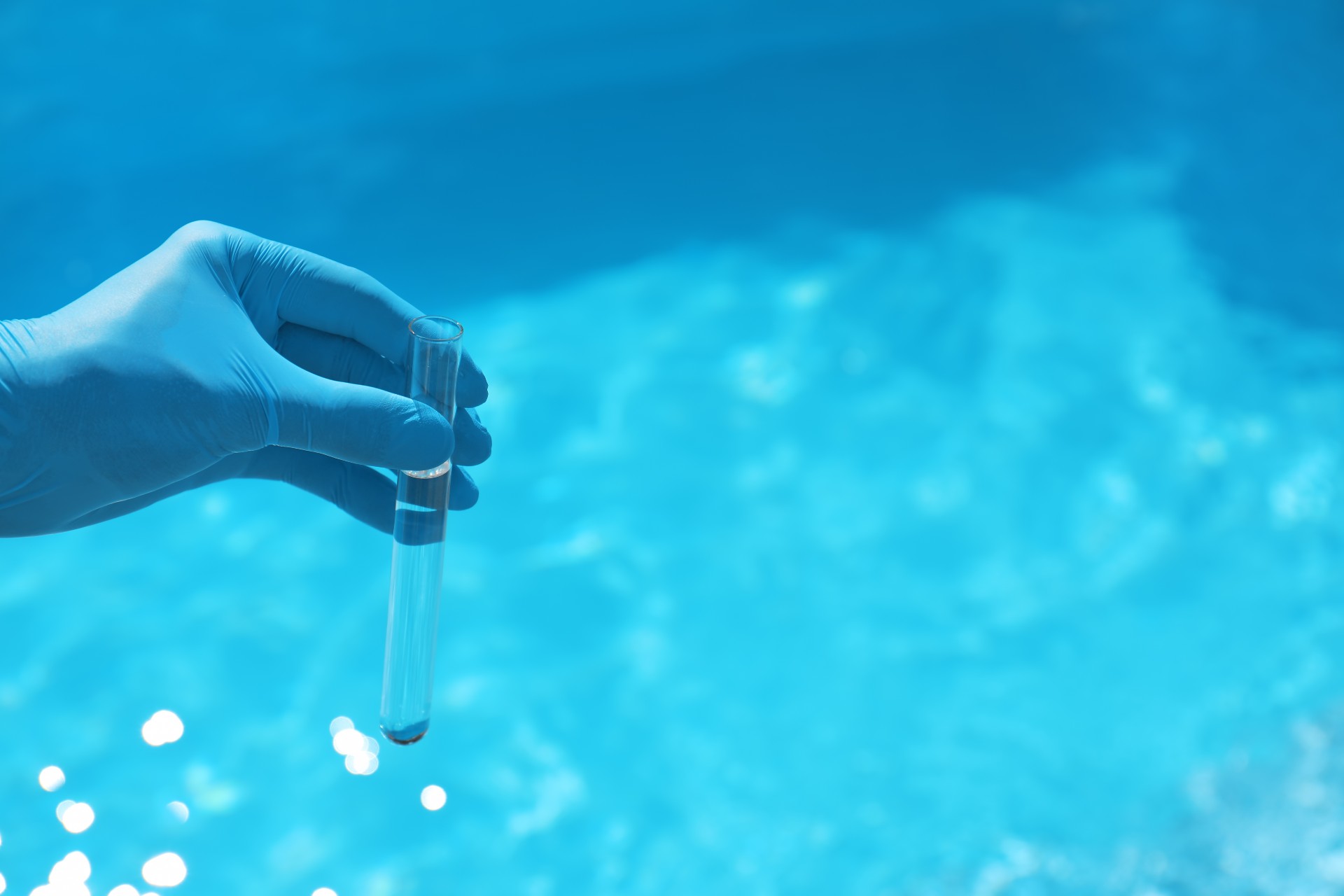As doctors learn more and more about skin cancer, better tools become available for outdoor workers to combat the disease. Here are four ways experts say you can reduce the risk of skin cancer.
1 Take a pill.
A new type of sun protection is on the market in the form of a pill. Derived from a fern plant, the pill is a dietary supplement containing antioxidants. They eliminate the free radicals that are released when ultraviolet radiation attacks the skin.
Leslie Baumann, M.D., recommends the pill for those who spend significant time outdoors. The chief of cosmetic dermatology at the University of Miami cautions that the pill, sold under the brand name Heliocare, is not a panacea. Instead, it provides another layer of protection from the sun.
In addition to the pill, sunscreens are still recommended.
2 Use new and improved sunscreen.
In 2006, the U.S. Food and Drug Administration approved a sunscreen that protects against the type of ultraviolet radiation most commonly linked to skin cancer.
According to published reports, the key ingredient is ecamsule. It’s been marketed as Mexoryl since 1993, but only sold outside the United States. Mexoryl is better at blocking UV rays than sunscreens traditionally available in America.
“I would recommend using the SPF 50 and 60 versions when [Mexoryl] becomes approved,” says Min-Wei Christine Lee, M.D., M.P.H., a dermatologic surgeon and director of The East Bay Laser & Skin Care Center in Walnut Creek, Calif.
If you can’t find a Mexoryl-based sunscreen, Lee recommends using a traditional brand that contains zinc oxide with a minimum SPF of 30.
3 Protect your eyes and head.
The areas around your eyes, ears and neck are particularly vulnerable to skin cancer.
Experts advise outdoor workers to wear proper sunglasses while on the job. They recommend UV-protected shades — the ones that wrap around a broad area, not the small bifocal types.
The right type of hat is crucial, as well. In fact, the National Farm Medicine Center and the Department of Dermatology at the Marshfield Clinic in Marshfield, Wis., conducted a study on the topic. The Farmers Caps and Hats Project identified headwear with sun protection qualities that were acceptable to farm workers.
The study revealed that several options exist. Test subjects rated highest overall a modification of a baseball cap. It has a removable back flap that attaches with Velcro. Pith helmet-style hats were found to provide the best protection, while baseball caps offered the least for the ears, temples, lower face and neck.
“As skin cancer approaches epidemic proportions in the United States, the degree of sun protection provided by a hat should be a major consideration for individuals, employers and businesses that select hat styles to be worn outdoors during peak sun hours,” the study states.
4 Consider UV-protected clothing.
In the wake of his wife’s skin cancer diagnosis, Paul Grimes, owner of Aquawise Concepts in San Diego, has been investigating UV-protected clothing lines. “There are a few lines out there that have UV-protected materials, but most of them are expensive,” he says.
Grimes, secretary of the Independent Pool & Spa Service Association’s San Diego Chapter, wants his group to take the lead in designing a clothing line for service techs. “[The clothes] would not be affected by chlorine and incorporate UV protection,” he says. “Maybe we could buy the shirts and shorts in bulk to bring the price down.”
Those interested in learning more about UV-protected clothes can visit manufacturers online. Companies include SunGrubbies(www.sungrubbies.com) and Sun Precautions (www.sunprecautions.com). ASTM International has standards for UV-protected clothing, which call for the attire to be rated by UPF (ultraviolet protection factor) rather than the SPF rating that sunscreens use. UPF measures both blocked UVA and UVB, while SPF applies only to UVB.
FEATURE STORY
- Slow Burn
Skin cancer is on the rise, and outdoor workers are most vulnerable. The industry’s lack of awareness about this deadly disease heightens the problem.
MORE INFORMATION
- By the numbers
Skin cancer statistics and survey results.
- In the minority
Skin cancer affects everyone.



